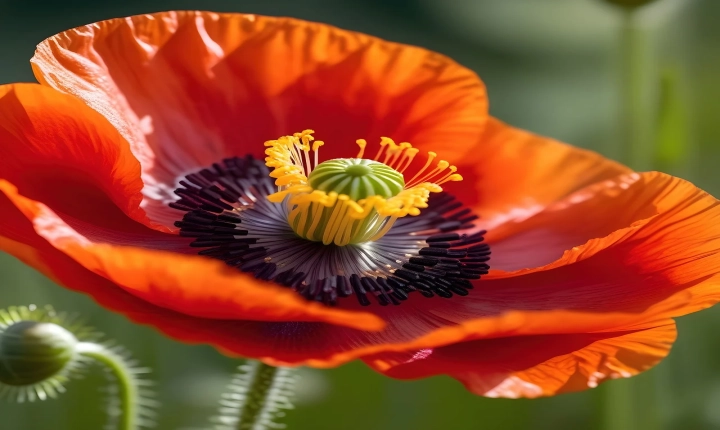Artificial intelligence (AI) has become increasingly popular in the art world, with computer algorithms creating digital paintings, sculptures, and even music. While some enthusiasts may argue that AI-generated art is innovative and revolutionary, the reality is that AI art has several significant drawbacks that cannot be overlooked.
One of the main criticisms of AI art is the lack of human emotion and creativity behind it. Traditional art is fueled by the human experience, emotions, and personal interpretation, allowing artists to express their unique perspectives and feelings through their work. In contrast, AI-generated art lacks the depth and authenticity that comes from a human creator. The output of AI art may be aesthetically pleasing, but it often lacks the meaningful stories and emotions that make traditional art so impactful.
Furthermore, AI art raises ethical concerns about the commodification and devaluation of human creativity. As AI art becomes more prevalent, there is a risk that it could devalue the work of human artists. If AI-generated art becomes the norm, it may overshadow the efforts and struggles of human artists, ultimately diminishing the value of their work in the eyes of the public and the art market.
Additionally, the use of AI in art production raises issues of authorship and ownership. When art is created by an algorithm, the question of who owns the art and the rights to its reproduction becomes murky. This blurs the lines between originality and replication, making it difficult to determine the true origin and value of AI-generated art.
Another significant concern is the potential loss of craft and skill in art-making. AI art often requires minimal human input, as the algorithms can generate art based on pre-existing data and patterns. This may diminish the value of traditional art techniques and skills that have been honed over centuries by human artists. Additionally, the reliance on technology for art creation may discourage future generations from developing their artistic skills and exploring their creative potential.
In conclusion, while AI art may have some aesthetic appeal, it lacks the depth, emotion, and authenticity that are synonymous with traditional human-created art. It raises ethical concerns regarding the devaluation of human creativity, issues of authorship and ownership, and the potential loss of craft and skill in art-making. As the art world continues to embrace AI, it is crucial to acknowledge and address these shortcomings to ensure the preservation and appreciation of human creativity in the world of art.
